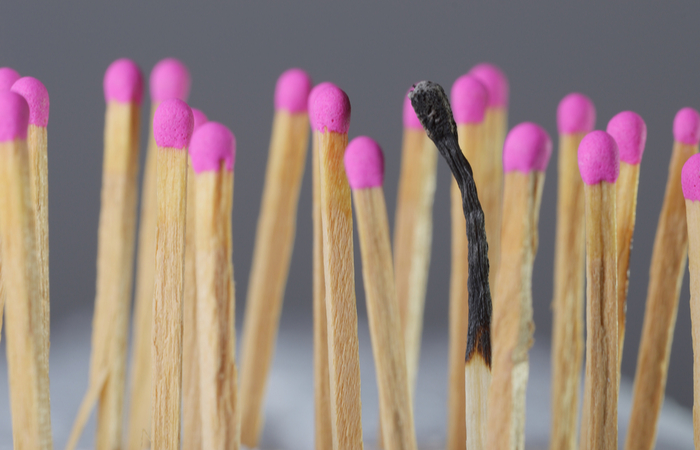 New data has found that almost two-thirds (64%) of employees have experienced burnout or fatigue.
New data has found that almost two-thirds (64%) of employees have experienced burnout or fatigue.
Research carried out for mental health clinic Pam Wellbeing’s Health at work report explored the issues most undermining employee health, as well as what they want and need to stay healthy. The nationwide survey found that mental health remains the biggest barrier to employee wellbeing.
The study showed that one in four (25%) respondents had been diagnosed with clinical anxiety or depression, 72% have felt anxious and almost two-thirds (64%) have felt depressed. One in three (35%) see a supportive manager as one of the most important things and two in five (42%) see apps that help them self-manage conditions as valuable.
More than half (51%) of those surveyed who have been given proactive help to stay healthy are less likely to want to work elsewhere, compared to one in 20 (6%) who have received little or no support. Almost half (47%) of those helped to stay healthy feel very productive, as opposed to just one in 10 (11%) of those with little or no wellbeing support.
Louise Abbs, managing director of Pam Wellbeing, said that while nearly nine out of 10 employees (86%) now believe their employer is responsible for their health and wellbeing, they are also “significantly” more productive. She believes this shows the business benefits associated with a proactive approach to health and wellbeing go far beyond simply reducing sickness absence.
Abbs explained that following a year in which two-thirds of employees experienced fatigue and burnout and one in four were diagnosed with clinical anxiety or depression, employers are unfortunately struggling to stay on top of mental health.
“Two-fifths of employees believe working for their employer has undermined their health or made them sick, with employees crying out for more help to sustain a healthy work-life balance and deal with the ongoing uncertainty that has become a part of our daily lives,” Abbs added.